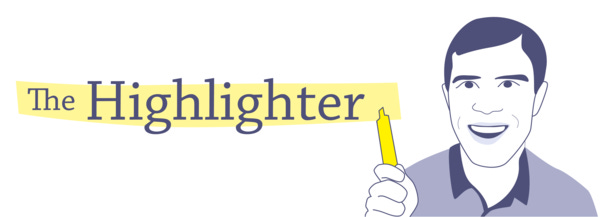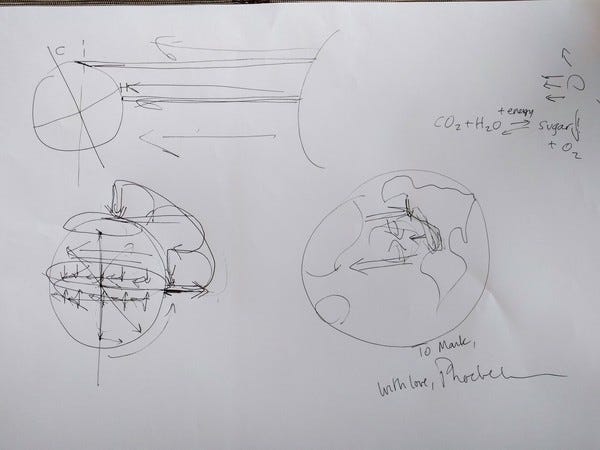#74: Nameplate Necklaces

Happy 2017, everyone! Start the new year off right by reading an excellent article about nameplate necklaces. Then consider the role of storytelling and listening in building empathy and the possibility of change. After a science break, two memoirs — one a book, one an article — take on the important subject of mortality and urge us to stay steadfast in our purpose this year. Please enjoy!
White girls: Stop wearing nameplate necklaces
This article is more than a call for white women to stop appropriating African American culture. It also explains the importance of nameplate necklaces as a rite of passage for African American and Latina women, how nameplates are “an unequivocal and proud proclamation of our individuality, as well as a salute to those who gave us our names.”
Can Gun Victims and Gun Advocates Change Each Other’s Minds?
Is there hope for change if we start listening to each other? The nonprofit Narrative 4 thinks so. In this article, 8 gun victims and 8 gun advocates pair up and tell their stories to one another. Then, the next day, each person tells their partner’s story to the group, using the first person. These “story exchanges” are the only way to build empathy, Narrative 4 argues, and therefore the only way to make lasting change. (Want another feel-good piece about empathy? Here’s one.)

Extras subscriber Phoebe patiently taught me why ocean water off the West coast is colder than ocean water off the East coast. The answer involves the sun and the rotating Earth. Thank you, Phoebe!
Book Recommendation: When Breath Becomes Air, by Paul Kalanithi
After a student in Oakland requested this book over Winter Break, I decided to read it again. It’s the memoir of a young Stanford neurosurgeon who learns that he has Stage IV lung cancer. Dr. Kalanithi writes honestly and beautifully about life and death: “I began to realize that coming face to face with my own mortality, in a sense, had changed both nothing and everything. Before my cancer was diagnosed, I knew that someday I would die, but I didn’t know when. After the diagnosis, I knew that someday I would die, but I didn’t know when. But now I knew it acutely.”
The Widowhood Effect: What it’s like to lose a loved one so young
Christina Frangou lost her husband Spencer to cancer when he was 36 years old. This is her account of his death, their relationship before the diagnosis, and her life as a widow. She writes about grieving, losing her friends, shunning Christmas decorations, and trying to date again. It is easy and convenient to assume we’re all going to live for a long time. For Ms. Frangou, her partner’s death was just 42 days after his cancer diagnosis.
Last week, I shared my favorite six articles of the year. Want to know your favorite articles of the year? Here they are, your Top 10! (It’s good to know that we agree on Q-Tips.) Have a great week, and see you next Thursday at 9:10 am! Until then, feel free to reply to this email or forward this newsletter to a friend.
Don’t miss out on the other issues by Mark Isero
Become a member for $3 per month
You can manage your subscription here.
In order to unsubscribe, click here.
If you were forwarded this newsletter and you like it, you can subscribe here.
Created with Revue by Twitter.




